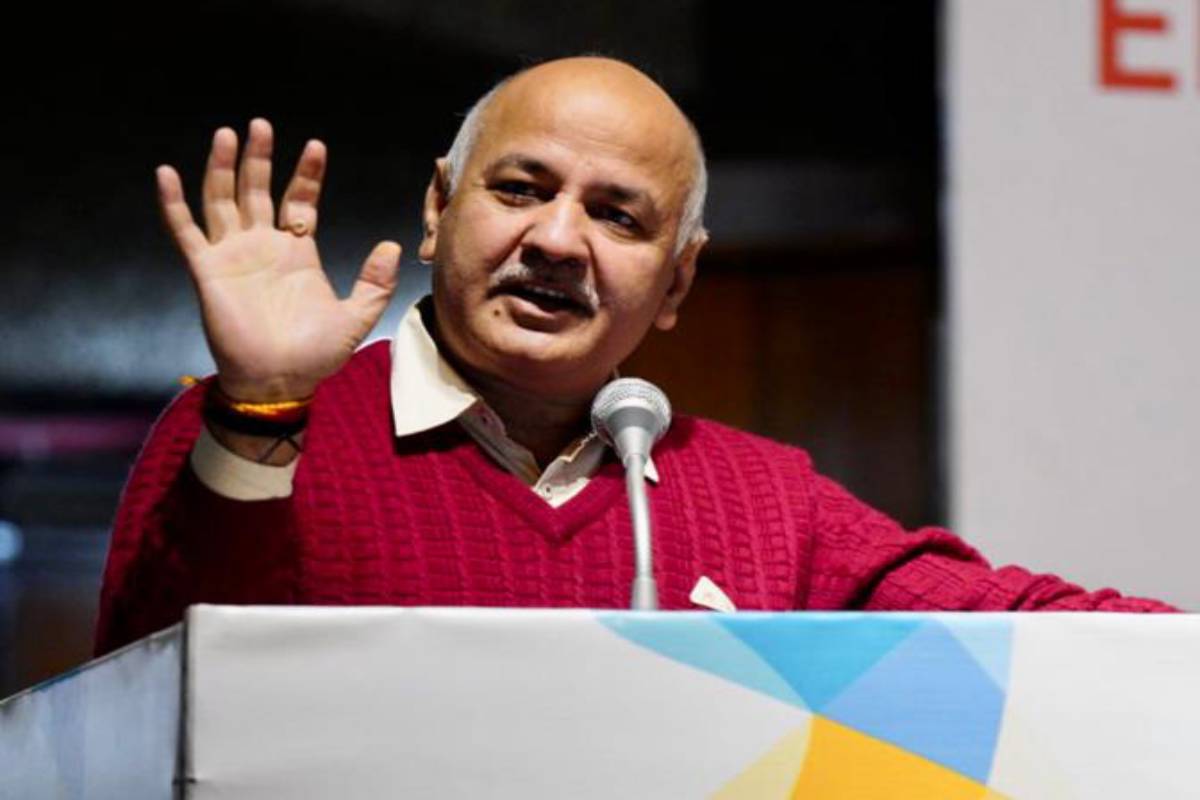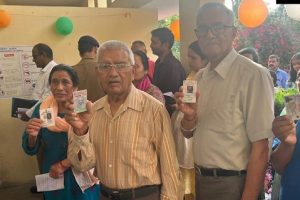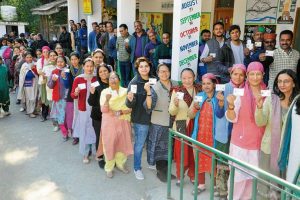Delhi Deputy Chief Minister Manish Sisodia approved a project of laying a 14 km-long sewer line in two unauthorised colonies and one village (Jat Khor) of Bawana and providing free sewer connections to 4824 houses.
In addition, one MLD capacity Decentralised Sewage Treatment Plant and three MLD capacity Sewer Pumping Stations (SPS) will also be constructed. About 20,000 people will benefit from this project, worth Rs 68 crore.
Sisodia has directed the DJB officials to ensure the quality of work and complete it within the stipulated time.
The Delhi Deputy Chief Minister said, “We are continuously working towards making the Yamuna clean and establishing a better sewerage management system for Delhi. Under this, a 14 km long sewer line will be laid in two unauthorised colonies and one village (Jat Khor) of Bawana.”
He said due to the lack of a proper sewerage system here, sewage is released into the local pond, septic tank or storm drains, which fall into the Yamuna river.
“This increases the pollution level of the river. In such a situation, to reduce these water-polluting elements, the Delhi Government has decided to connect every household to the sewerage network. Sewerage coming out of here will be sent through sewer lines to the nearest Sewage Treatment Plant, after which the treated water will flow into Yamuna,” Sisodia said.
A Sewer Pumping Station (SPS) of 3 MLD capacity will be constructed at Bawana to pump sewer water to the STP on behalf of the Delhi Jal Board. Sewage Pumping Station (SPS) will play an important role in making the water from the houses connected to the internal sewer line reach the STP. In SPS, sewer is diverted to STP through the motor pump.
Sisodia said that alarms would be installed in this sewage pumping station to warn about water overflow or any malfunction.
“This will give immediate warning to the officials of the Delhi Jal Board that the risk of sewage overflow has increased so that appropriate steps can be taken in time,” he said.
Sisodia said, “Monitoring of wastewater pumping stations will be done through IoT monitoring devices in real time. The sensor installed in this electronic device will ensure that as soon as the dirty water of the sewer in the pumping station is filled up to a certain level, an alert is sent to the senior officials so that both the responsibility and accountability of the operator present at the sewage pumping station can be fixed.”
He said a Decentralised Sewage Treatment Plant (D-STP) of 1 MLD capacity will be constructed in Bawana by the Kejriwal government.
“Recycled water from D-STP can be used for gardening, and excess water can be used to recharge groundwater. It is not easy to lay pipelines in all the parks from large STPs, whereas the construction of decentralised STPs of low capacity will be possible at a low cost,” the Delhi Deputy Chief Minister said.
He said apart from this, there will be no need to lay any additional pipeline.
He said a decentralised sewage treatment plant is a mechanism in which a small sewage treatment plant is set up, with the help of which sewage water can be treated at the same place where it is being generated.
“Our aim is to solve the problem of irrigation of water in more and more parks of Delhi through Decentralised-STP,” Sisodia said.
He said the initiative aims to treat sewage water at the local level and use it for horticulture.
“Presently the Sewage Treatment Plant is located in one part of the city and the dirty water is brought to that place from another place. This turns out to be very expensive. On the other hand, tubewell or tube well water is used for irrigation in the parks of Delhi. It affects the groundwater. Therefore, groundwater will be saved if parks are irrigated with treated water from D-STP. The depleting groundwater level will also be protected,” Sisodia said.
He said, “Free individual house sewer connections will be added to 4824 houses in Bawana so that the people of the area do not have to face sewer problems. Along with this, there is no need to take approval from the concerned agencies for connecting the sewer line and cutting the road.”
He said in order to keep Delhi clean and Yamuna free from pollution, free sewer connections are being provided by the government to Delhi residents under the Mukhyamantri Muft Sewer Connection Yojana.
“Earlier, getting a sewer connection was very expensive. People had to pay development, connection, and road-cutting charges to get sewer connections. Now Chief Minister Arvind Kejriwal has made it free. Lakhs of consumers in Delhi are benefitting from this scheme,” Sisodia said.











